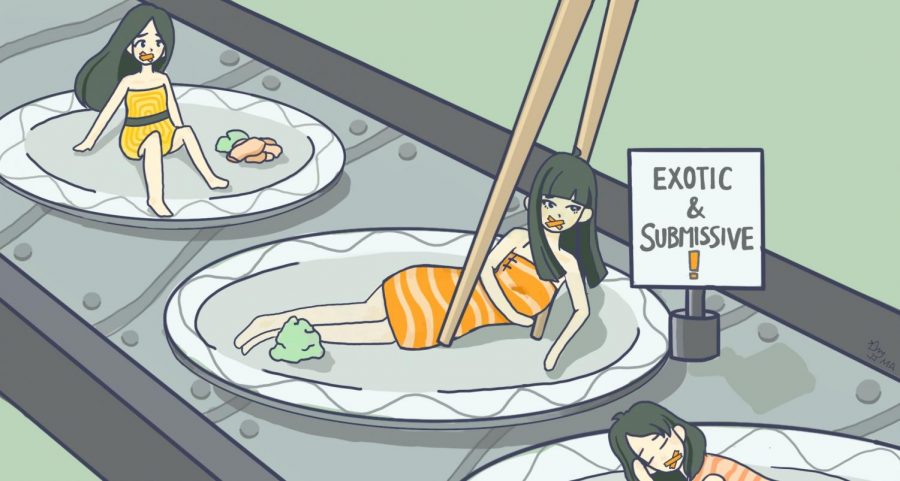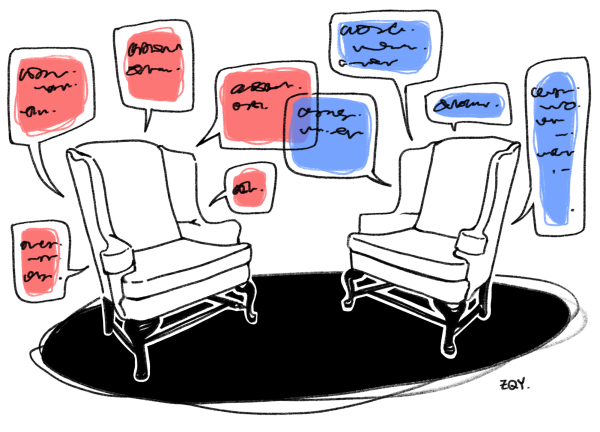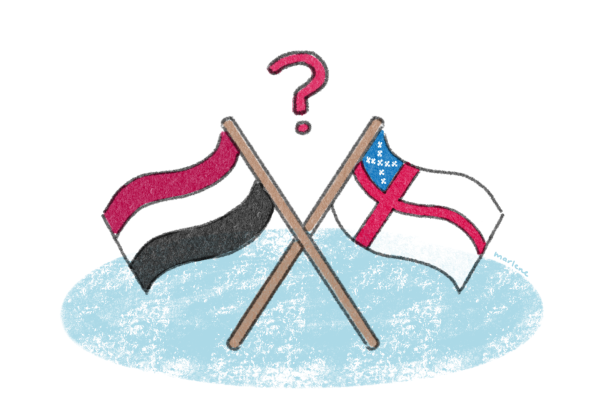The Atlanta Shooting and the Fetishization of Asian Women
On March 16, 2021, Robert Aaron Long shot and killed eight people, six of whom were Asian women. According to the police, Long murdered the women to overcome his sexual addiction, which was at odds with his religious beliefs. If sexual addiction was his problem, then why didn’t Long target a strip club instead? Of all places, why an Asian run spa? Although Long was not charged with a hate crime, his actions nevertheless revealed a significant problem that Asian American women face: hypersexualization and fetishization.
To understand what I mean, a little American history is important. During the Gold Rush Era, many Chinese people immigrated to California in search of great wealth. However, due to the strong work ethic of many Chinese individuals, nativism, and the fear of job displacement, the Workingmen’s Party of the United States and many others sought to ban Chinese people from entering, passing the Chinese Exclusion Act of 1882. Even before the Chinese Exclusion Act, the United States passed the Page Act of 1875, preventing the entry of Chinese women into America because they were viewed as prostitutes and temptresses. Therefore, these laws not only prevented new immigration but also the reunion of thousands of Chinese men with their families.
Ultimately, the Chinese gold mining workforce, composed mainly of men, combined with the Page Act, resulted in an extremely disproportionate amount of Chinese men and women. In 1890, only 4.8% of the Chinese American population were women. As a result, Chinese women were viewed as rare and exotic creatures, a temptation to men.
After the 19th century, the United States military reinforced the same stereotype of Asian women. As the military expanded its presence to Japan, Korea, Vietnam, and the Philippines, gambling, partying, drinking, and visiting brothels were popular pastimes amongst servicemen. Following World War II, the United States military took over Japan’s military brothels, where there were approximately 200,000 Japanese “comfort women” who acted as sex slaves. During the 1940s, the United States established “camp towns” in South Korea, places where American troops could spend time with Korean comfort women. These sites became places where soldiers could satisfy their sexual desires, creating a perception that Asian women could provide them with sexual gratification. Movies like Full Metal Jacket only exacerbate this stereotype, as it depicts Vietnamese women as sexual for soldiers. This type of fetishization still exists today, and the term “yellow fever,” which is still commonly used, refers to a white man’s excessive sexual attraction to Asian women.
Although the police did not charge the Atlanta Spa Shooting as a racially motivated hate crime, Long nevertheless viewed his victims as temptresses, a perception that clearly connects to the history of how Asian women were hyper-sexualized in America. It’s important to understand this history, and for America to view Asian women not as sexual objects and prostitutes but as human beings.






